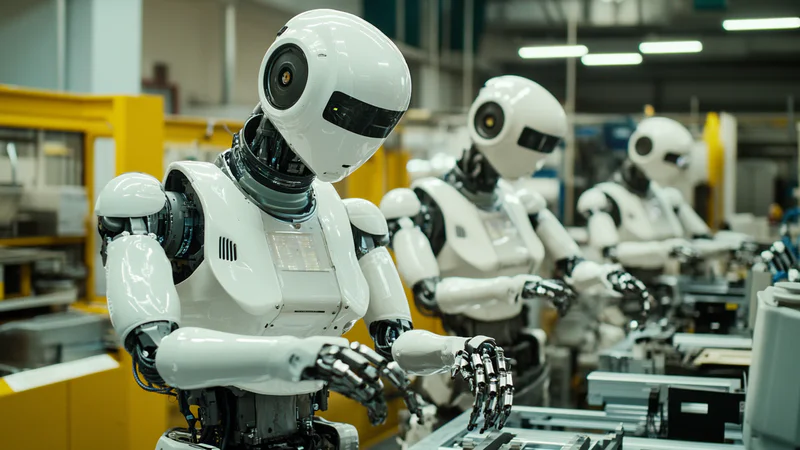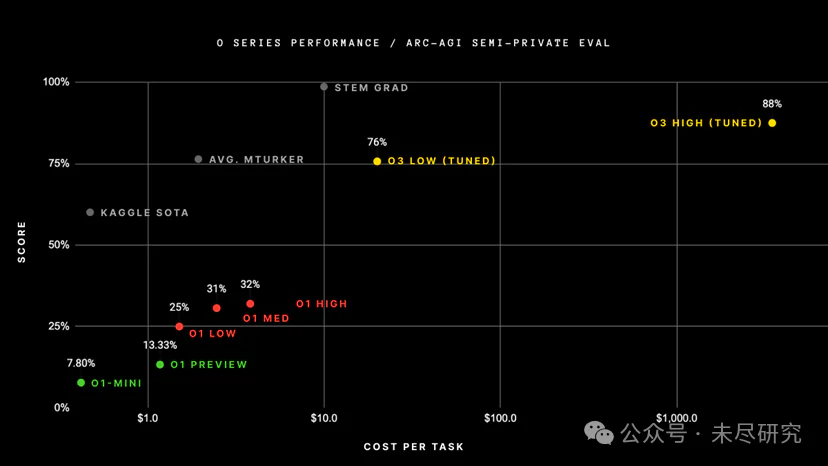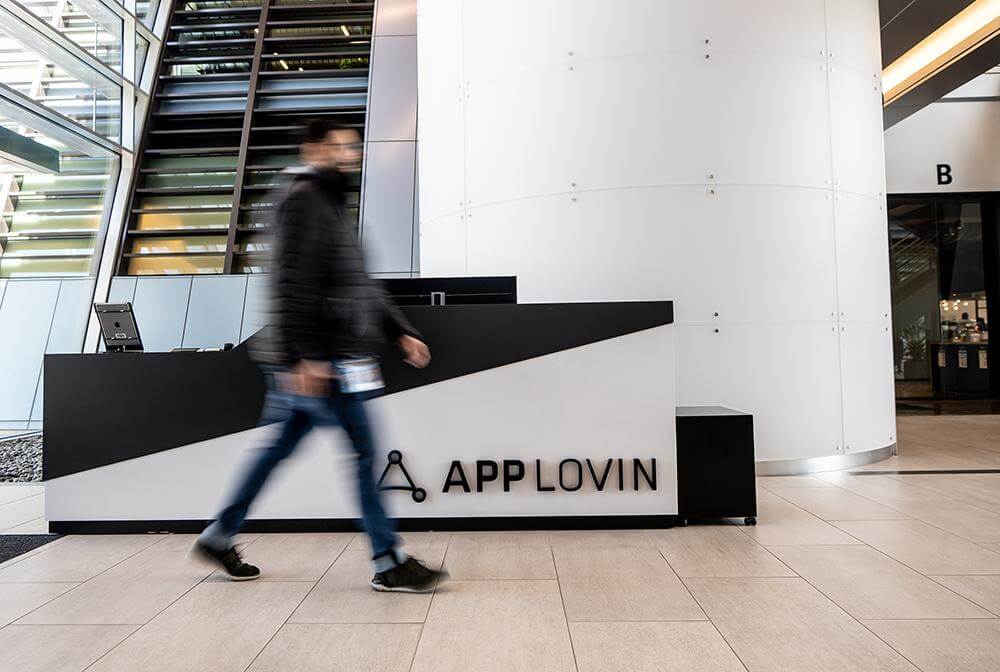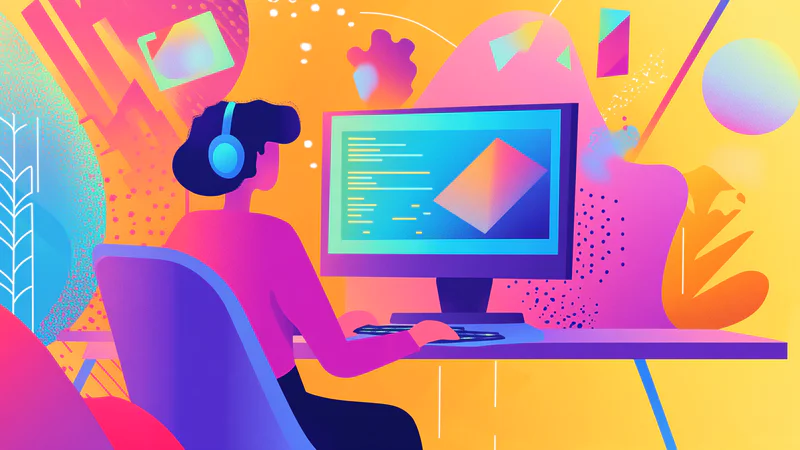Explore how ChatGPT and generative AI disrupted companies like Chegg, Stack Overflow, and RWS. Learn why their core services were vulnerable and what this means for the future of jobs and industries.
The Economist's late November 2024 issue explores how generative AI is impacting various industries, highlighting three companies significantly affected: Chegg, Stack Overflow, and RWS. This insightful article provides valuable takeaways, helping us reflect on the future of our own jobs.
These companies share several key characteristics that made them particularly vulnerable to disruption by AI technologies like ChatGPT, leading to substantial layoffs. These insights can guide us in anticipating how AI might impact other roles in the future.
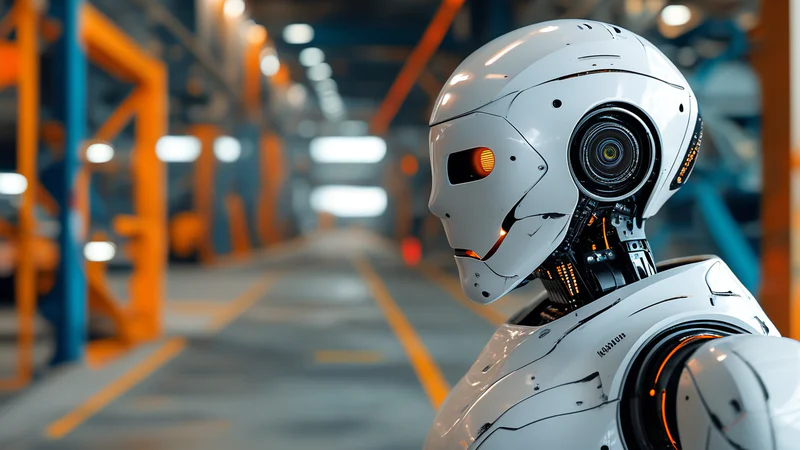
Why Were These Companies So Easily Disrupted?
The main reason is evident: their core services can be replicated by AI. However, the underlying issues run deeper.
Chegg
Chegg, an online education service popular for helping students with homework, saw its stock price plummet by 99% in less than four years. While some of the decline is attributed to reduced online learning post-pandemic, the primary factor has been the rise of AI chatbots offering free homework assistance.
Stack Overflow
Stack Overflow, a platform for software developers to share knowledge and find coding solutions, has experienced a sharp drop in traffic. Most users now turn to AI-powered coding assistants like Microsoft’s GitHub Copilot or Cursor.
According to Similarweb, Stack Overflow's monthly web traffic halved over the past two years. The company has undergone two rounds of layoffs in the past year, reducing its workforce by roughly one-third.
RWS
RWS, a translation services company, reported a 4% revenue decline and a 16% profit drop in the six months ending in March. Since ChatGPT's release in November 2022, its stock price has fallen by 57%, driven by the increasing capabilities of AI-powered translation tools.
What Makes These Core Services Vulnerable?
The Economist clearly outlines why these companies’ business models were particularly susceptible:
"The threat to incumbents from the technology is greater in industries where the potential damage done by AI hogwash (known as hallucinations) is low."
In industries where AI-generated errors have minimal consequences, the existing business models are more likely to be disrupted. For example:
Coding and translation: Errors in AI-generated code can often be spotted and corrected before deployment. Similarly, translation errors are relatively easy to fix.
Homework assistance and essay writing: If an AI tool fabricates facts in a student’s history essay, the broader societal impact is minimal, even if it affects the individual student.
On the other hand, industries like legal services or medical prescriptions, where mistakes can have serious repercussions, will adopt AI solutions more cautiously. In these fields, the cost of AI errors is significantly higher, delaying widespread AI adoption.
Key Takeaway
If AI can deliver results better or faster than your current job adds value, it’s time to start considering the implications for your role.
Let’s stay proactive in adapting to this rapidly changing landscape.


